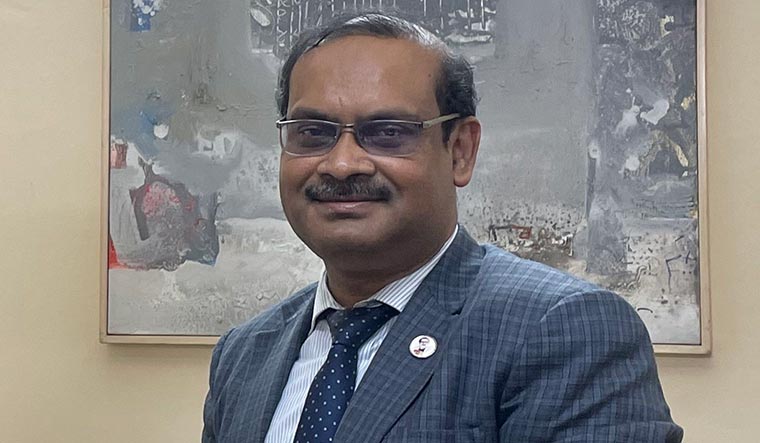Q/ Is there progress in the talks with Myanmar on repatriation?
A/ Recently, there have been several rounds of discussions to resolve issues related to the verification of past residency of the Rohingyas in Rakhine, and to implement a successful pilot repatriation project and create a conducive environment in Rakhine. A technical team from Myanmar visited Bangladesh in March to verify past residency of the extended family members of the Rohingyas considered for the pilot project. We expect to continue discussions with Myanmar to ensure safe, sustainable, voluntary and dignified return of the Rohingyas.
Q/ Are western countries ready to accept the Rohingyas?
A/ Bangladesh is in touch with western countries to ensure early commencement of repatriation of the Rohingyas and provide them humanitarian assistance while they are here. The creation of a conducive environment in Rakhine is another agenda of our engagement with western countries. The proposal of some western countries to resettle the Rohingyas in third countries is being discussed, too. However, Bangladesh has always made it clear that resettlement cannot be the solution.
Q/ Is repatriation the only way forward?
A/ Sustainable repatriation is the only way to solve the Rohingya crisis. It will ensure their basic human right to live in their own country. Forced displacement from Rakhine and the temporary stay in Bangladesh are creating various challenges for Bangladesh and the Rohingyas themselves, which can destabilise the whole region. The Rohingyas have been displaced by Myanmar, falsely alleging that they are people from other places. Their stay outside their place of origin will legitimise Myanmar’s false claim.
Also read
- Life of Rohingyas: Exclusive report from world's largest refugee camp in Bangladesh
- How Khushi, an aspiring lawyer, wants to end her community's suffering
- 'UNHCR expects Rohingyas to be repatriated with dignity': Regina
- 'We are trying to repatriate the Rohingyas': Bangladesh minister
- Rohingyas in India long to return to Myanmar
Q/ There are reports of insurgent groups operating in the camps.
A/ Cox’s Bazar hosts the largest refugee camp in the world, with one of the largest humanitarian operations. The situation is becoming increasingly untenable in the camps for both the Rohingyas and the host community. The prolongation of the stalemate in repatriation is leaving this vulnerable population more frustrated and is making them susceptible to unlawful activities. They are being used to smuggle drugs into Bangladesh. These can flare up the security situation in the region and beyond.
Various Rohingya miscreant groups are active inside the camps and they often engage in armed clashes with each other to take control of certain areas and illegal business including drug and arms trafficking. On several occasions, particularly during anti-drug operations inside the camps, our security personnel have come under attack by armed Rohingya criminals.
The Bangladesh government has engaged about 3,000 security personnel, besides members of security agencies, to improve the security situation inside the 33 camps in Cox’s Bazar. Three armed police battalions are engaged to manage the law and order situation.


